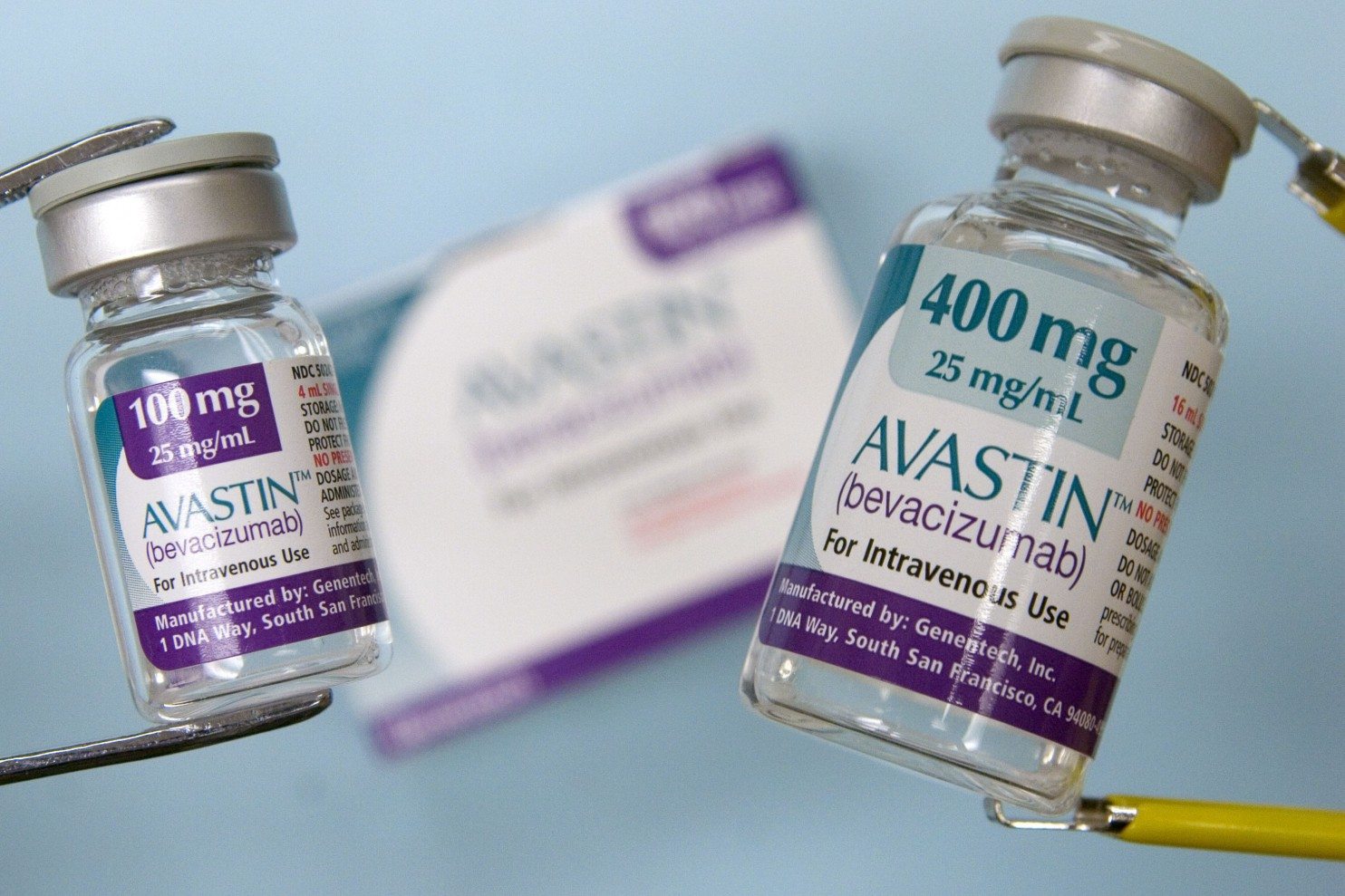Category: Pharmaceuticals
Corporate pharma ethics and you
Although I’m one of the few non-clinicians writing here at SBM, I think about clinical trials a great deal – especially this week. First, our colleague, Dr. David Gorski, had a superb analysis and highly-commented post on The Atlantic story by David H. Freedman about the work of John Ioannadis – more accurately, on Freedman’s misinterpretation of Ioannadis’s work and Dr. Gorski’s...
Pharmaceutical Company Contact and Prescribing
In my group practice, the Yale Medical Group, drug-company sponsored lunches and similar events have been banned. This is part of a trend, at least within academic medicine, to create some distance between physicians and pharmaceutical companies, or at least their marketing divisions. The justifications for this are several, and are all reasonable. One reason is the appearance of being too cozy,...
Chelation: Compounding Pharmacy’s Problems
Chelation is the provision of a substance to increase the body’s excretion of heavy metals. In poisoning situations (lead, aluminum, iron, etc.), chelation is medically necessary, objectively effective, and approved for use. But the same term has a completely different meaning in the alternative medicine universe, where proponents often believe heavy metal toxicity is the “one true cause” of disease, and chelation...
Ghostwriting As Marketing Tool
An article in the latest issue of PLOS Medicine, The Haunting of Medical Journals: How Ghostwriting Sold “HRT”, details the use of ghostwriting as a marketing tool for pharmaceutical companies. It is a chilling discussion of how at least one pharmaceutical company, Wyeth, used the peer-reviewed literature as a method of distributing marketing messages to physicians. The author, Adriane J. Fugh-Berman, details...
Yes, drug companies do pay attention to herbal medicine
I’m only a monthly contributor here but between being a SBM reader and having my own blogs, I often grow weary of the blind criticism that researchers and drug companies couldn’t care less about traditional folk medicines as drug products. My laboratory spends every single day working on natural product extracts in the search for compounds that may have selective effectiveness against...

Avastin and metastatic breast cancer: When science-based medicine collides with FDA regulation
Not all drugs that prevent progression of cancer prolong the patient's survival. The case of Avastin and metastatic breast cancer reminds us of that simple, unfortunate fact once again.
Medical Science and Public Opinion: The Avandia Story
The week of 12-16 July saw an FDA Advisory Panel meet to decide the fate of an important drug. Along the way, the FDA charted new territory in using drug comparisons to judge safety, amidst external allegations of corporate malfeasance and patient harm. Avandia, or rosiglitazone, is one of a new class of anti-diabetes drugs approved for marketing by the FDA in...
Testosterone: Not an Anti-Aging Panacea
On the car radio, I have several times happened upon “infomercial” programs touting the benefits of testosterone replacement therapy for men, broadcast by doctors who specialize in prescribing the drugs. They have lots of wonderful stories about men who feel younger, happier, and more vigorous because of their macho remedies. It’s a tribute to the power of the placebo. I have been...

Bought and Sold: Who Should Pay for CME
There are two topics about which I am a crank. The first, as you might have guessed, is alternative medicine. The other is pharmaceutical reps. Drug companies are somewhat schizophrenic. They have amazing scientists who invent drugs that treat an astounding array of diseases. Then, they take these drugs and turn them over to marketing, to be sold with all the enthusiasm...

Life Extension: Science or Pipe Dream?
Can a pill keep you young? Many pills, potions, spells, and lifestyles have been promoted as cures for aging, but so far none have worked out.

